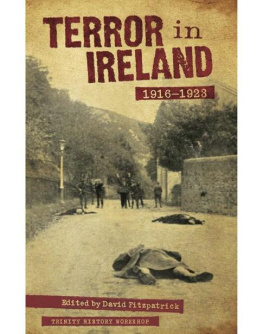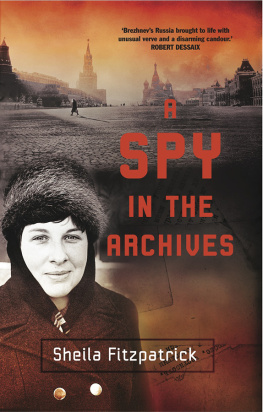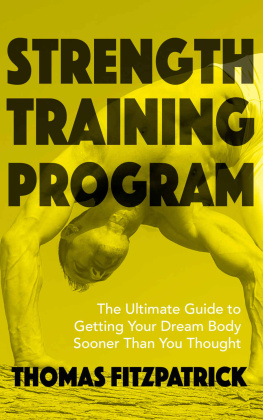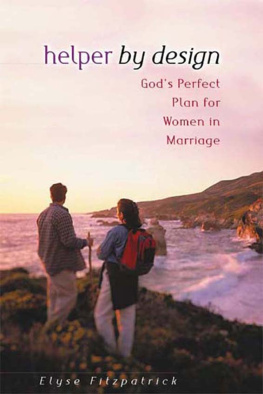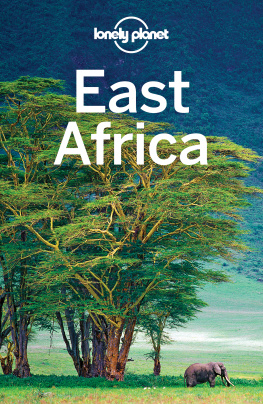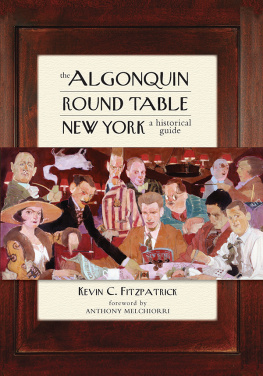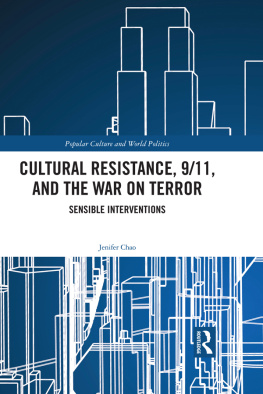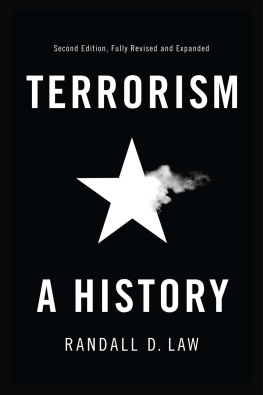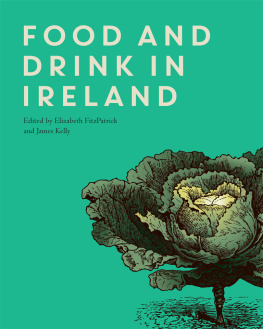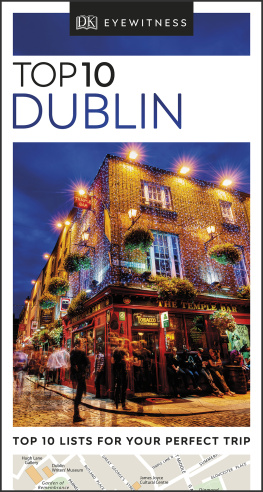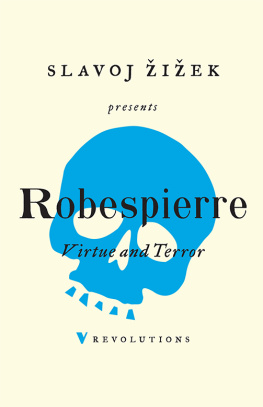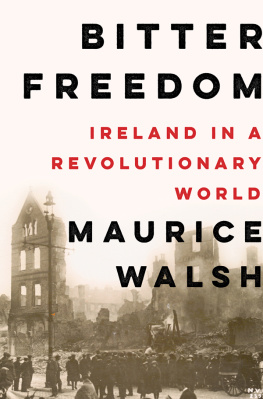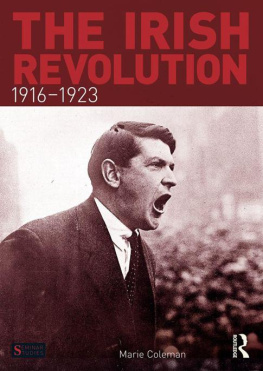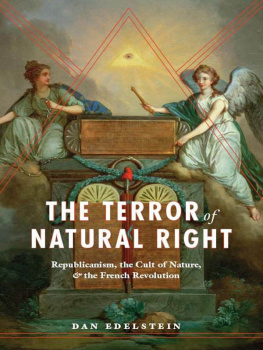Terror in Ireland 19161923
edited by David Fitzpatrick
Trinity History Workshop
THE LILLIPUT PRESS
DUBLIN
In memory of Peter David Hart, born 11 November 1963, died 22 July 2010.
Contents
Plates
Coercion in Revolutionary Dublin
The Sack of Balbriggan
Bloody Sunday
Aftermath of the Kilmichael Ambush
Maps and Charts
| BMH | Bureau of Military History |
| CC | Chief Constable |
| CI | County Inspector |
| CID | Criminal Investigation Department |
| CILI | Court of Inquiry in Lieu of Inquest |
| CMO | Courts Martial Officer |
| CO | Colonial Office |
| CS | Chief of Staff |
| DD | D, Parliamentary Debates: Official Report |
| D | Dil ireann |
| DED | District Electoral Division |
| DMP | Dublin Metropolitan Police |
| CO | Colonial Office |
| DORA (R ) | Defence of the Realm Acts (Regulations) |
| FJ | Freemans Journal |
| GOC | General Officer Commanding |
| GSO (1) | General Staff Officer (1st Grade) |
| HC (P ) | House of Commons (Papers) |
| HL | House of Lords |
| HO | Home Office |
| ICA | Irish Citizen Army |
| IG | Inspector General |
| II | Irish Independent |
| IRA (B ) | Irish Republican Army (Brotherhood) |
| IT | The Irish Times |
| IWM | Imperial War Museum, London |
| LHC | Liddell Hart Centre, Kings College, London |
| MAD | Military Archives, Dublin |
| MCR | Monthly Confidential Report |
| MO | Medical Officer |
| MP | Member of Parliament |
| MS (S ) | Manuscript(s) |
| NAD | National Archives, Dublin |
| NAL | National Archives, London |
| NLI | National Library of Ireland, Dublin |
| OC | Officer Commanding |
| OMN | OMalley Notebooks, UCDA |
| OS | Ordnance Survey |
| PD | The Parliamentary Debates: Official Report |
| RDC | Rural District Council |
| RIC | Royal Irish Constabulary |
| RT | Radio Telefs ireann |
| RUC | Royal Ulster Constabulary |
| TC | Town Commissioner |
| TCD | Trinity College, Dublin |
| TD | Teachta Dil |
| Thoms | Thoms Official Directory |
| UCD (A ) | University College, Dublin (Archives) |
| UDC | Urban District Council |
| UVF | Ulster Volunteer Force |
| WS | Witness Statement, BMH |
David Fitzpatrick
I
Revolutionary terror is a topic of never-failing public interest, periodically revived by horrific news of contemporary attacks on civilians by revolutionaries or by oppressive rgimes. In Ireland, the desire to analyse and interpret terrorism in the revolutionary period has been heightened by later conflicts in Northern Ireland, still not fully resolved. Did the British government organize, or collude in, a campaign of counter-revolutionary terror conducted by murder squads or an Anti-Sinn Fin Society? Did the IRA , or maverick groups within it, select certain groups of civilians as targets for terrorism, and, if so, why? How did the new government manage to apply coercion during the Civil War on an unprecedented scale, without following the example of its predecessor by losing legitimacy and popular support? To what extent did civilians endorse or subvert the various campaigns of terror that demanded their loyalty and claimed to act on their behalf?
Since its creation in 1986, the Trinity History Workshop has published four volumes of essays by undergraduate and graduate students (past and present) and staff associated with Trinity College, Dublin. These books continue to be widely read and cited, partly because they addressed topics in modern Irish history which had been neglected by academic historians. I myself edited Ireland and the First World War (1986, reissued with The Lilliput Press, 1988) and Revolution? Ireland, 19171923 (1990); David Dickson edited The Gorgeous Mask: Dublin, 17001850 (1987) and The Hidden Dublin: The Social and Sanitary Conditions of Dublins Working Classes in 1845 Described by Thomas Willis (2002). The purpose of this book is to present fresh findings by historians, associated with Trinity College, who have worked on aspects of terror and its victims. As befits a Workshop, most chapters have been substantially modified as a result of seminar and class discussions, not to mention editorial interference in matters of style and presentation. The outcome is a truly collaborative work of scholarship, in which students distinctly hold their own in the company of professional historians.
Versions of eight chapters were delivered to the Workshops inaugural seminar in November 2010; three chapters were distilled from undergraduate research essays; and two were specially commissioned from postgraduate students with relevant interests. Thomas Earls FitzGerald, Michael Murphy and Ross OMahony are Sophister students at Trinity College who took a course on Revolution and Civil War in Ireland in 201011. Brian Hughes is a doctoral student at Trinity College; Eve Morrison, Gerard Noonan and Justin Dolan Stover have all been doctored since the inauguration of the Workshop. Jane Leonard, who contributed three chapters to earlier Workshop volumes, is the author of several studies of conflict and commemoration in twentieth-century Ireland. Brian Hanley and Fearghal McGarry, both holders of doctorates from Trinity College and authors of several books on modern Ireland, teach history in the University of Liverpool and the Queens University of Belfast. Anne Dolan, Eunan OHalpin and the editor all teach at Trinity College and have published extensively in the field.
For financial assistance in organizing the seminar and publication, the Workshop is deeply grateful to the TCD Association and Trust, the Arts and Social Sciences Benefactions Fund, and David Ditchburn on behalf of the Department of History. We are also indebted to Antony Farrell and Fiona Dunne of The Lilliput Press for exempting us from some of the chores, rewarding yet tedious, associated with publication. The Workshop has come a long way since 1986, when its exclusively undergraduate contributors developed auxiliary skills as designers, photographers, typesetters, printers, paper-folders, fund-raisers, marketeers and distributors.
II
The current Workshop was inspired by the early and lamented death in July 2010 of Peter Hart, a contributor to Revolution ? who went on to hold a Canada Council chair in Irish history at the Memorial University of Newfoundland, St John. Having studied at the Queens University in Kingston, Ontario and then Yale, he spent four productive years at Trinity College before being doctored in 1992. As a research student, he was remarkably self-assured and self-sufficient, a supervisors dream, slow to deliver drafts until a deluge of polished, eloquent chapters surged forth in the final months. His thesis had the rare distinction of being accepted exactly as it stood, and was subsequently published as The I.R.A. and Its Enemies: Violence and Community in Cork, 191623 (1998). Despite serious illness during the decade before his death at the age of forty-six, he maintained a steady flow of publications, conference papers and spirited dialogue with those who challenged his findings. His provocative and well-documented thesis-book and essays on The I.R.A. at War, 19161923 (2003), followed by Mick: The Real Michael Collins (2005), touched many raw nerves in Ireland and continue to arouse controversy. I remember him still as a brilliant boy, audacious yet unruffled.
Next page
